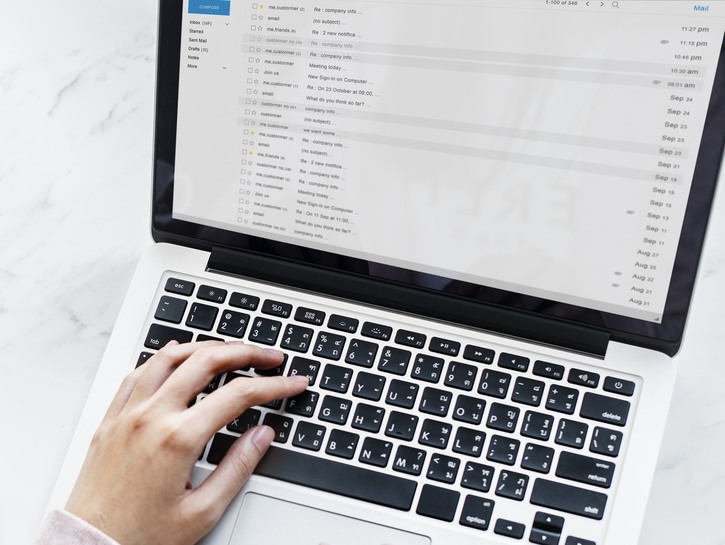Ever used your computer or phone to do a little leisure browsing while you’re clocked in on the job? You’re not alone, and new research shows that such behavior, which is known as cyberloafing, is not only natural, but may help with overall productivity and job satisfaction.
“Looking at cyberloafing as a possible coping response was interesting because there isn’t a consensus on whether cyberloafing is necessarily a negative behavior. Some people consider cyberloafing to be counterproductive, and others find it benign,” said study author Shani Pindek in an interview with PsyPost. “My interest started with the idea of workplace boredom. I study work stress, and while much focus is being put on overload, there are many people who experience their work as boring for various reasons.”
Pindek’s study examined 463 university employees who were not teachers and found that those who reported a fairly low amount of work were more susceptible to boredom and mental lethargy, which in turn was associated with more recreational internet use.
According to Pindek, “Cyberloafing is a rather natural response to workplace boredom and it is different from other (more harmful) forms of counterproductive work behaviors. It happens more when the workload is low and in many cases, it may not harmful to the work. Just make sure not to overdo it!”
But what might be some drawbacks of cyberloafing?
“For one, certain cyberloafing behaviors might pose a cybersecurity threat. Another important note is that spending too much time recreationally on the internet during working hours will undoubtedly end up harming your performance,” Pindek explained.
In addition, according to a study of 273 employees conducted through the University of Tasmania, psychopathy, Machiavellianism, and narcissism were connected to cyberloafing behaviors by way of the participants’ perceived ability to deceive. In essence, “higher levels of dark triad traits led to a greater belief in the ability to get away with things, which in turn was related to higher levels of cyberloafing.”
So it seems that in moderation, cyberloafing is a benign way to clear the mind and keep morale high. But things get tricky when employees view their recreational browsing as ‘scheming,’ or trying to dupe their superior out of doing actual work. It also depends on what kind of cyberloafing they’re engaging in. It will take additional research to draw the line more definitively.
“In the future we plan to examine the link between what people do when they cyberloaf and what’s going on during the job in terms of stress. For example, if someone was nasty to me at work, would I try to make myself feel better by watching funny cat videos, but avoid going on news websites (assuming news would often invoke a negative mood)?” asked Pindek.
So does cyberloafing provide a legitimate, therapeutic source of workplace relief? Or does it exacerbate our preexisting negative tendencies? You decide.



